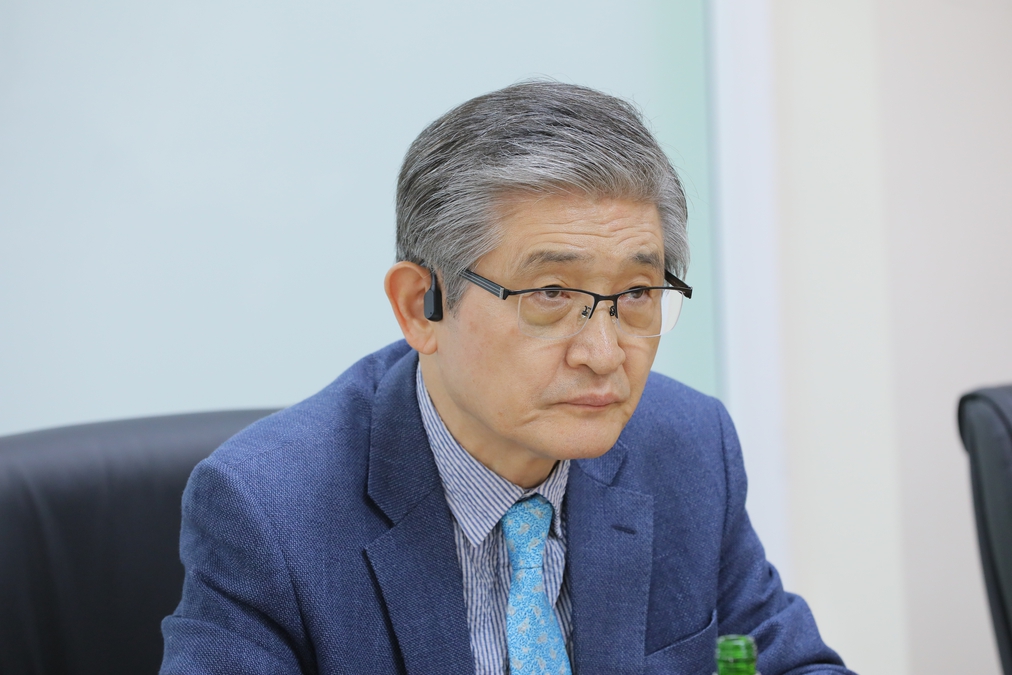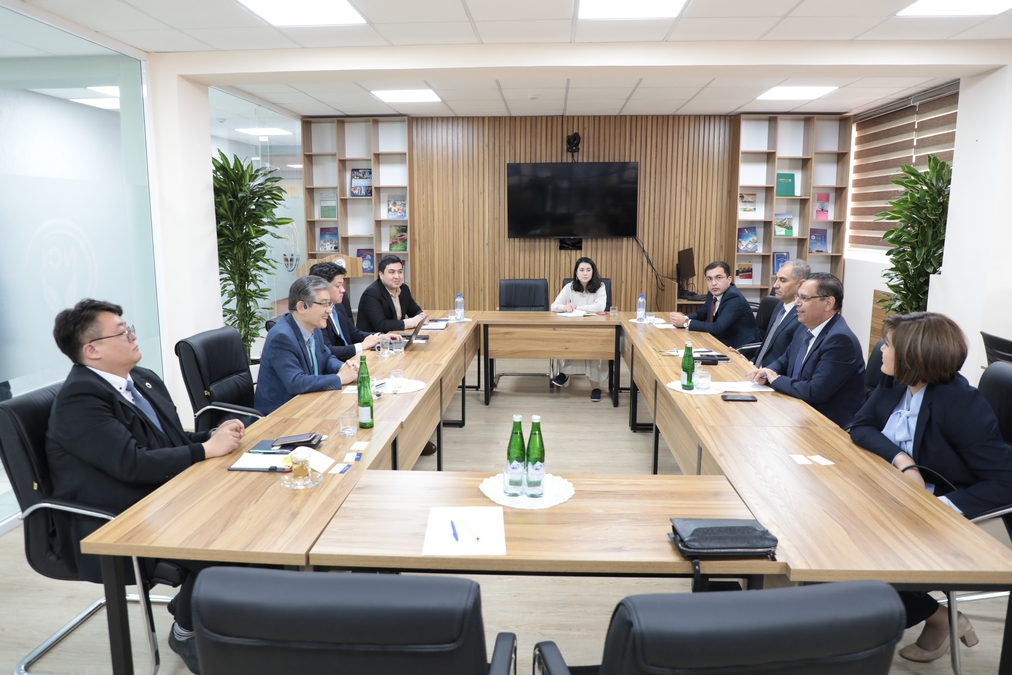A high-level meeting at the Tashkent State University of Economics (TSUE) convened distinguished experts and stakeholders to explore the potential for energy generation from waste treatment in Uzbekistan. Chaired by the university’s rector, Professor Kungratbay Sharipov, the gathering included Vice-rector for Academic Affairs Mansur Eshov, Vice-rector for Research and Innovation Gulnora Abdurakhmanova, Vice-rector for Internationalization Adham Khudaykulov, Nobel Prize winner and initiator of the Center of New Climate Innovations (NCI) Professor Rae Kwon Chung, and several other international experts and representatives from South Korea.

The primary objective of the meeting was to explore opportunities for attracting investments in green technology sectors and to discuss strategies for fostering sustainable economic growth in Uzbekistan. Professor Sharipov opened the meeting by expressing his gratitude to the guests for their participation and highlighted the importance of collaboration in addressing pressing environmental issues.
Professor Chung followed with a presentation emphasizing the need for interdisciplinary research and knowledge-sharing to tackle the challenges posed by waste management and energy generation. He presented data on successful waste-to-energy projects from around the world, revealing how these initiatives have effectively reduced waste volumes and produced significant amounts of renewable energy. In particular, he cited South Korea’s success in reducing landfill waste by 75% and increasing its renewable energy capacity by 12% between 2008 and 2020.
The participants discussed various measures to advance Uzbekistan’s green economy, including:
Investigating the feasibility of waste-to-energy conversion in collaboration with the Agency for Innovative Development under the Ministry of Higher Education, Science, and Innovation of the Republic of Uzbekistan.
Developing a comprehensive green economy strategy for Uzbekistan through the Center for New Climate Innovations (NCI).
Contributing to the nation’s “green” economy policy and promoting sustainable development practices.
During the meeting, Professor Sharipov also highlighted ongoing initiatives at TSUE, such as a solar panel project competition and the selection of innovative start-up ideas that align with the university’s sustainability goals.
Towards the end of the meeting, Professor Chung announced the upcoming signing of a memorandum of understanding between NCI and the Korea National Institute for Green Technologies, which will facilitate collaboration between researchers and support the development of joint projects.
In conclusion, the participants agreed to reconvene in the near future to establish a working group and create a roadmap outlining specific areas of cooperation for harnessing the potential of waste treatment as a viable energy source in Uzbekistan.


